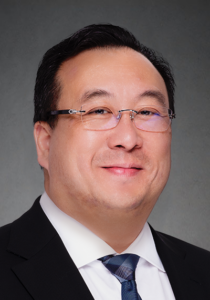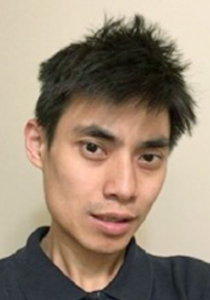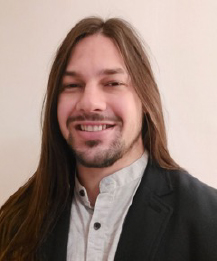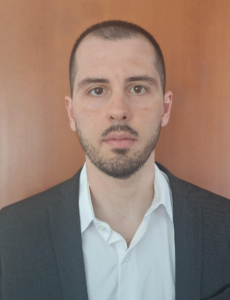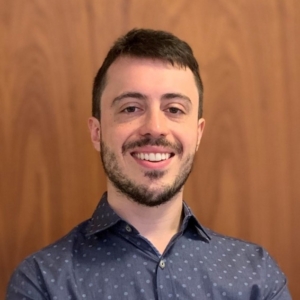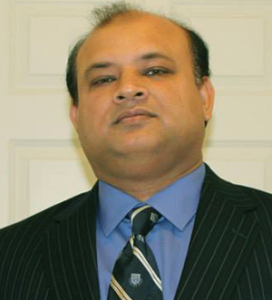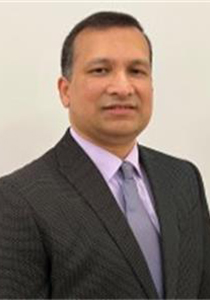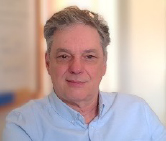Machine Learning for Multi-Scale Plasma Process Integration and Optimization
Abstract:
This talk will explore advancements in plasma etching process optimization for process technology computer-aided design (TCAD), focusing on the integration of multi-scale modeling with AI-driven techniques. Key topics will include the development of equipment-informed feature-scale models, utilizing machine learning (ML) to bridge the gap between reactor and feature scales in plasma chambers. This approach supports predictive modeling for high-aspect-ratio (HAR) structures, critical for complementary metal-oxide-semiconductor (CMOS) applications and emerging device architectures.
A primary challenge in optimizing plasma etching processes is synchronizing the complex plasma chamber conditions across scales. We will discuss recent progress in creating surrogate models using equipment simulations such as the Hybrid Plasma Equipment Model (HPEM). Machine learning-based surrogate models, combined with available experimental data, can assist in an efficient generation of flux predictions. These models facilitate rapid feature-scale adjustments, fostering a digital twin environment with the potential for real-time optimization.
Ultimately, the proposed workflows have the potential to merge complex plasma chamber environments to TCAD, significantly reducing reliance on trial-and-error experimentation. This could lead to a more streamlined, efficient, and greener semiconductor manufacturing process.
Speaker:
Dr. Lado Filipovic
Associate Professor and the Director of the Silvaco-supported Christian Doppler Laboratory for Multi-Scale Process Modeling of Semiconductor Devices and Sensors at the Institute for Microelectronics, TU Wien
Lado Filipovic is an Associate Professor and the Director of the Silvaco-supported Christian Doppler Laboratory for Multi-Scale Process Modeling of Semiconductor Devices and Sensors at the Institute for Microelectronics, TU Wien. His research focuses on advanced process modeling, technology computer-aided design (TCAD), and integrated semiconductor sensors. Dr. Filipovic obtained his habilitation in Semiconductor Based Integrated Sensors and his doctoral degree in Microelectronics from TU Wien in 2020 and 2012, respectively.
Dr. Filipovic leads a diverse portfolio of research projects covering the full spectrum of technology readiness levels (TRLs), supported by the Austrian Science Fund (FWF), the Christian Doppler Research Association (CDG), the Austrian Research Promotion Agency (FFG), and the European Union, as well as through direct industry collaborations. A Senior Member of IEEE, Dr. Filipovic actively serves on Technical Program Committees for prominent IEEE conferences such as IEDM and SISPAD. His group has also released several open-source tools, including the process simulator ViennaPS, utilized by academia and industry for nanoelectronic device studies.
Currently collaborating with industry partners like Silvaco, Fuji Electric, Infineon, as well as academic institutions worldwide (e.g., MIT, University of Glasgow, Arizona State University, Chinese Academy of Sciences), Dr. Filipovic’s research delves into enabling multi-scale modeling of semiconductor device fabrication and operation. His group is also investigating the integration of van der Waals layered materials (2D materials), including graphene and MoS2, for advanced sensing applications.


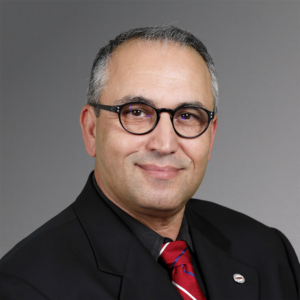
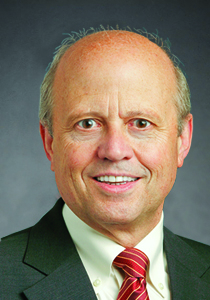
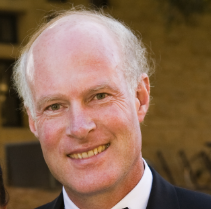
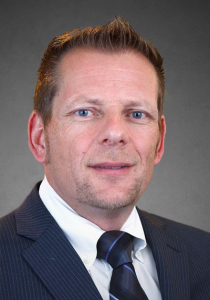
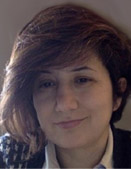
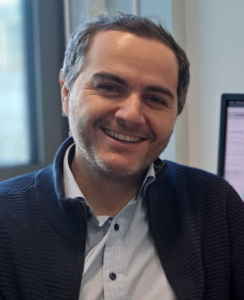
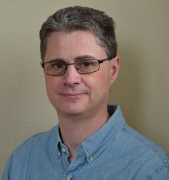
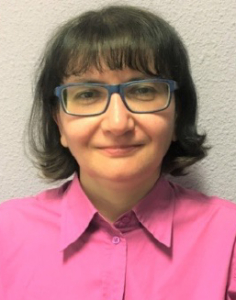
![david_green[1]](https://silvaco.com/wp-content/uploads/2020/02/david_green1.jpg)
![Bogdan-Tudor[1]](https://silvaco.com/wp-content/uploads/2020/02/Bogdan-Tudor1-200x300.jpg)
